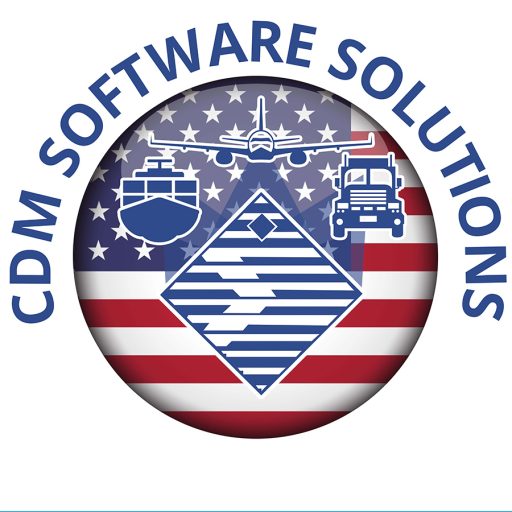In the fast-paced and complex environment of oil field operations, effective communication is paramount for safety, efficiency, and productivity. From remote drilling sites to headquarters, seamless communication ensures that tasks are executed smoothly and critical information is relayed promptly. Here’s a comprehensive guide to improving oil field communication in four simple steps:
- Invest in Robust Communication Infrastructure:
The foundation of efficient oil field communication lies in a robust infrastructure. Invest in reliable communication systems that can withstand the harsh conditions of remote drilling sites. Utilize technologies such as satellite communication, microwave links, and cellular networks to establish connectivity across the entire operation. Implement redundant systems to ensure continuity in communication, even in the event of network failures or emergencies.
- Embrace Digital Tools and Applications:
Digital tools and applications play a vital role in streamlining communication processes in oil field operations. Invest in software solutions designed specifically for the industry, such as mobile applications for real-time data sharing, task management platforms for tracking progress, and incident reporting tools for safety compliance. These digital tools facilitate instant communication, enable efficient collaboration, and enhance transparency across teams.
- Implement Two-Way Communication Protocols:
Effective communication in oil fields requires a two-way exchange of information between field personnel and decision-makers. Implement clear communication protocols that enable feedback loops and encourage active participation from all stakeholders. Establish regular check-ins, daily briefings, and debriefings to discuss project status, address challenges, and share insights. Encourage open communication channels where employees feel empowered to voice concerns and contribute ideas for improvement.
- Prioritize Training and Education:
Investing in training and education for personnel is essential for improving communication in oil field operations. Provide comprehensive training programs that cover communication protocols, use of communication equipment, and emergency procedures. Equip employees with the knowledge and skills needed to effectively communicate in various scenarios, including routine operations, emergencies, and crisis situations. Foster a culture of continuous learning and improvement to ensure that communication practices evolve with changing industry dynamics.
By following these four steps, oil field operators can enhance communication across their operations, leading to improved safety, efficiency, and overall performance. Investing in robust infrastructure, embracing digital tools, implementing two-way communication protocols, and prioritizing training and education are essential strategies for achieving success in today’s dynamic oil and gas industry. With effective communication as a cornerstone, oil field operations can navigate challenges effectively and maximize productivity in an ever-evolving landscape.

